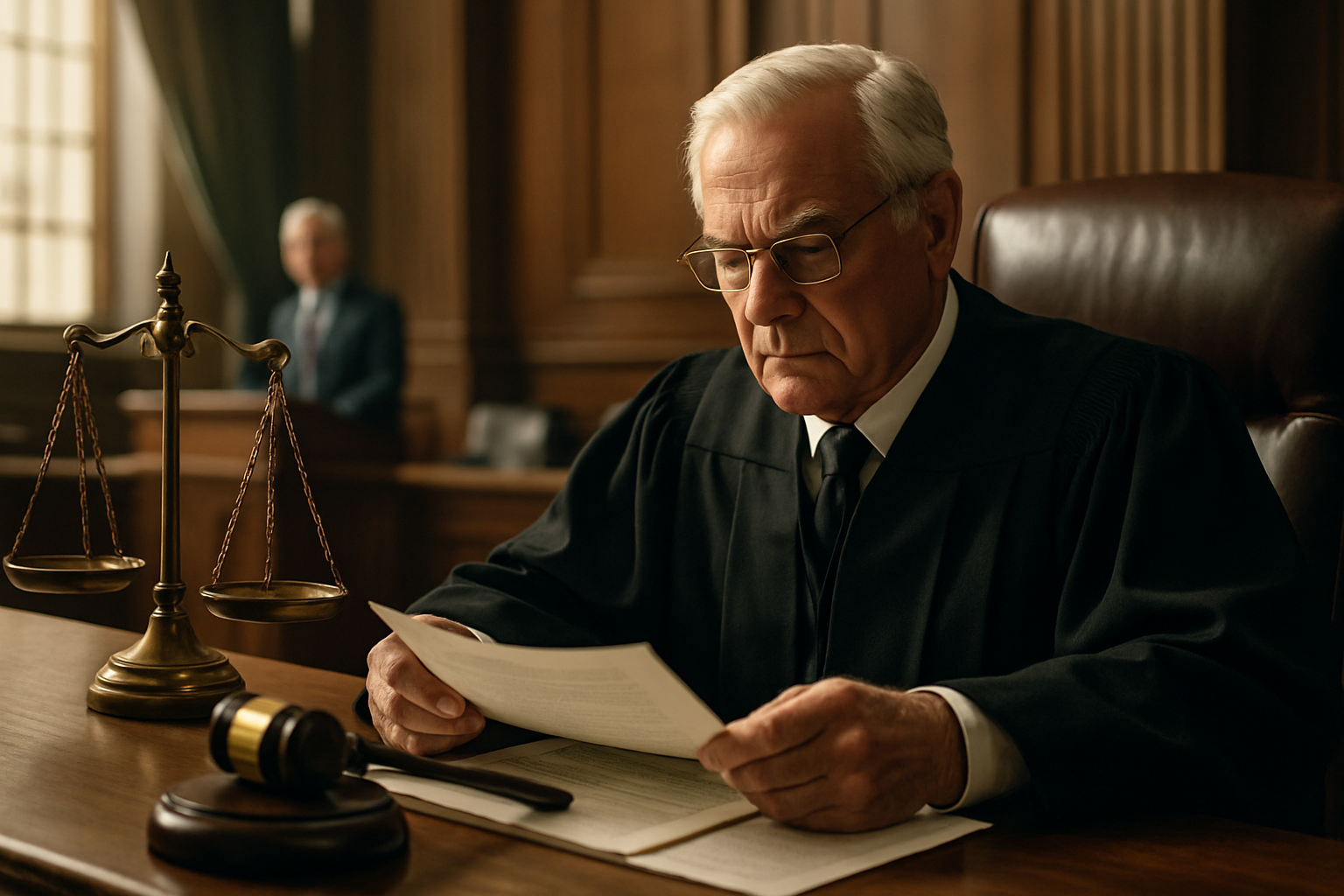The Role of Judicial Review in Modern Democracy
Introduction: The concept of judicial review plays a crucial role in modern democratic societies, serving as a powerful tool in maintaining the rule of law. This article delves into the historical context, current developments, and societal impacts of this significant legal principle.

1. Understanding the Concept of Judicial Review
Judicial review is a process under which executive and legislative actions are subject to review by the judiciary. This principle, which is rooted in the doctrine of separation of powers, enables courts to assess the constitutionality of laws, regulations, and other government actions. The concept originated from Marbury v. Madison, a landmark U.S Supreme Court case in 1803 that established the principle of judicial review in the United States.
2. Evolution and Global Adoption of Judicial Review
Although judicial review started as an American concept, it has since permeated legal systems worldwide. In many countries, including the United Kingdom and India, it has been adapted to fit into their unique legal and constitutional frameworks. Over time, judicial review has evolved from a purely legal concept to a cornerstone of democratic governance, playing a vital role in ensuring public accountability and upholding fundamental rights.
3. Contemporary Developments in Judicial Review
In recent years, there have been noteworthy developments concerning judicial review. For instance, some countries have expanded the scope of judicial review to include administrative decisions, while others have introduced limits to prevent judicial overreach. Notably, the continued growth of international law and human rights has significantly influenced the application of judicial review, with courts often invoking international treaties and conventions to scrutinize domestic laws and policies.
4. The Influence of Judicial Review on Society
Judicial review has profound implications for society. It serves as a check on government power, preventing potential abuses and ensuring that state actions align with constitutional and legal mandates. Moreover, through the application of judicial review, courts can protect individual rights and liberties, resolve disputes, and contribute to social change.
5. Future Prospects of Judicial Review
Looking ahead, judicial review will continue to be a dynamic area of law and governance. With the rise of new legal issues such as digital rights and environmental justice, courts will likely face novel challenges that require the application of judicial review. As societies continue to evolve, the role of judicial review in upholding democratic values and principles will undoubtedly remain a topic of critical importance.
In conclusion, judicial review is a fundamental aspect of modern democracy. By understanding its historical development, contemporary relevance, and future prospects, citizens can better appreciate how this principle contributes to the rule of law, public accountability, and the protection of fundamental rights.






